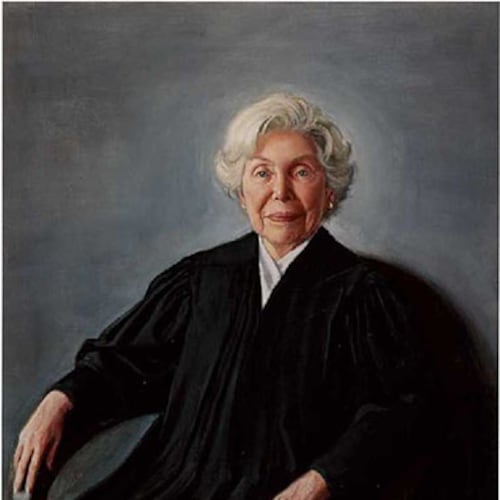The Georgia Supreme Court on Monday ruled that a man accused of stabbing to death a 75-year-old woman can no longer be prosecuted for murder because a Fulton County judge mistakenly called for mistrial after the case was underway.
In April 2014, Geary Otis stood trial for the murder of Mary Oliver and an assault
Credit: Bill Rankin
Credit: Bill Rankin
against Emmanuel Surry at an Atlanta seniors' residential apartment building. Fulton prosecutors had said they would seek a sentence of life without the possibility of parole.
After the jury was seated, Otis's defense attorney told jurors during opening statements that she was raising an insanity defense. This drew an objection from the Fulton prosecutor, who told Superior Court Judge Ural Glanville the defense had not given the state any notice of this strategy before the trial.
Credit: Bill Rankin
Credit: Bill Rankin
After a hearing the next day, Glanville declared a mistrial, stating he thought the defense was required to give pre-trial notice of the insanity defense.
In Monday's ruling, a unanimous state Supreme Court said Glanville was in error and in contravention of a ruling the state high court had released two decades ago. In that decision, the court said the defense is only required to give pre-trial notice of an insanity defense if it planned to use expert testimony. In Otis's case, his attorney had said she was only going to rely on lay witnesses to try and prove her case.
Justice Robert Benham, writing for the court, also said that Otis cannot be retried on double jeopardy grounds.
About the Author
The Latest
Featured




